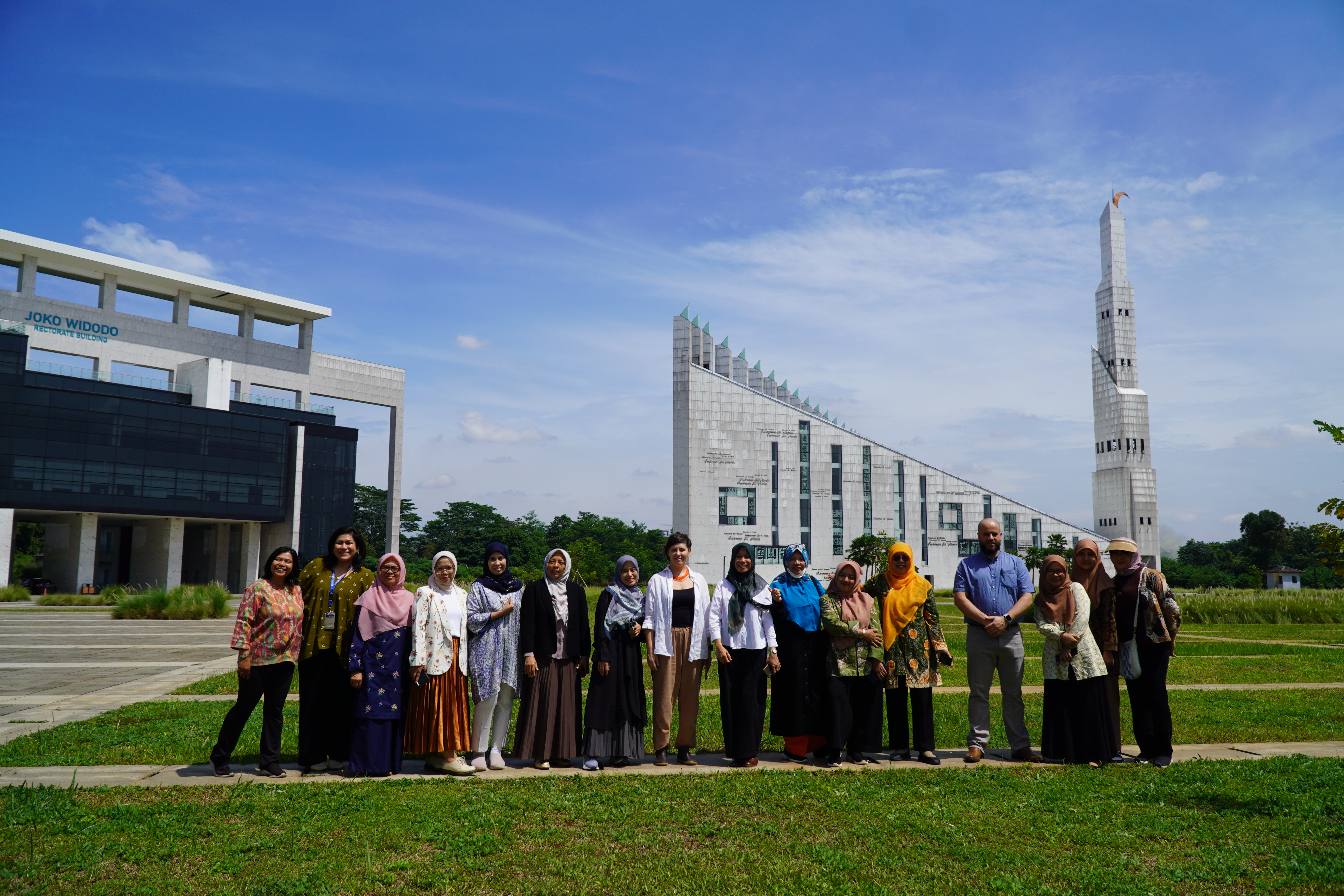Who Shapes What We Know? UIII Workshop Challenges Global North’s Domination in Knowledge Production
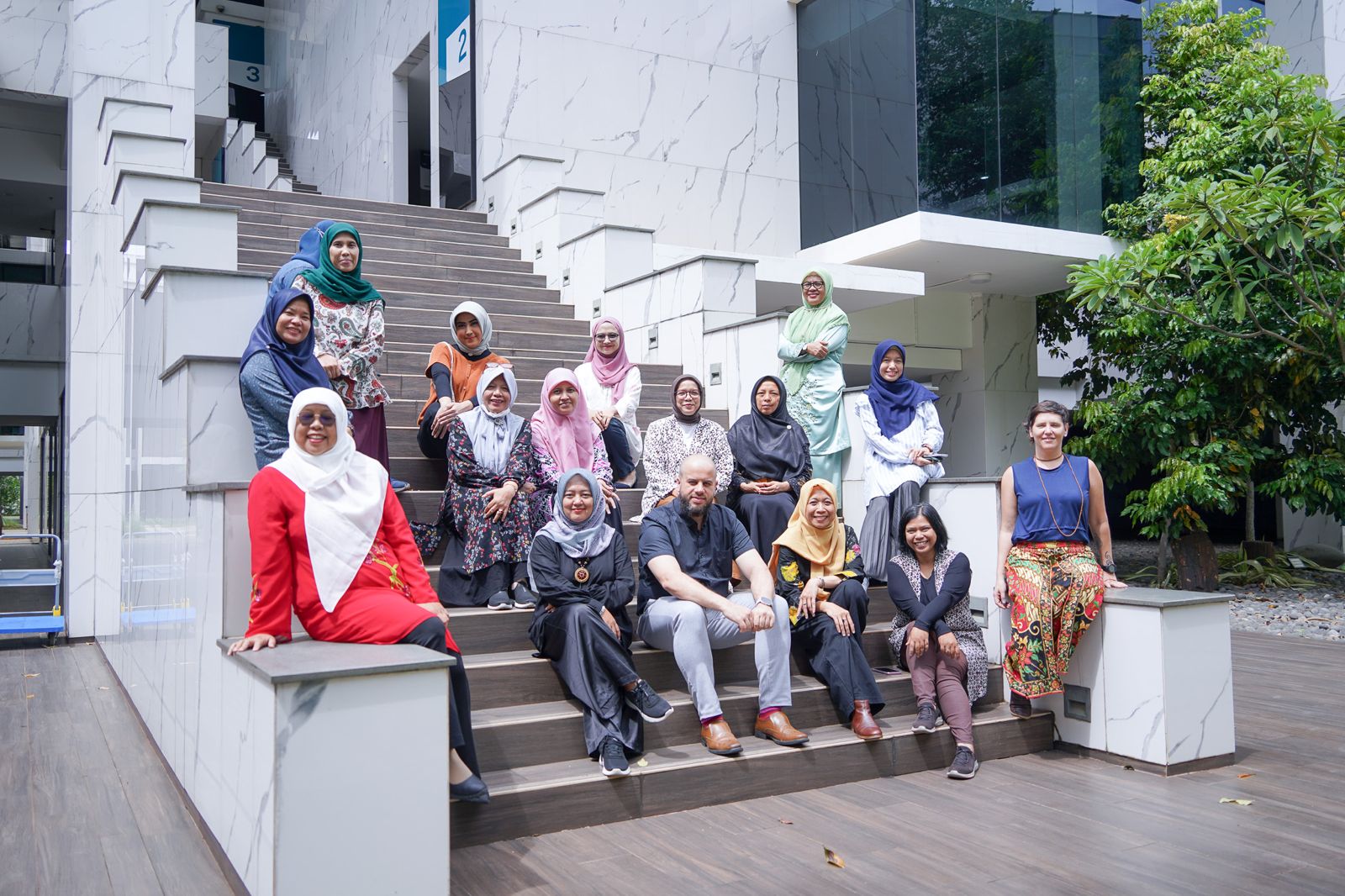
It is argued that the knowledge production is conceivably dominated by the scholars from the Global North, and a decolonial writing workshop held at Universitas Islam Internasional Indonesia (UIII) seeks to challenge the status quo.
The workshop, part of a global initiative funded by the British Academy, brought together scholars and participants to examine the deeply rooted inequalities in knowledge production. Held on January 14–15, 2025, at UIII’s Faculty A Building, it aimed to equip early-career scholars with the skills to navigate and challenge academic structures that often marginalize voices from the Global South.
Led by Dr. Leon Moosavi, a British expert in decolonial methodologies from the University of Liverpool; Prof. Camila Prando, a scholar specializing in epistemological reform from the University of Brasilia; and Prof. Nina Nurmila, a gender expert and Dean of UIII's Faculty of Education, the event followed the same workshop held in Brazil last December. According to Dr. Moosavi, the workshop received an overwhelming number of applications, but his team could only accommodate 24 participants—12 from Brazil and 12 from Indonesia.
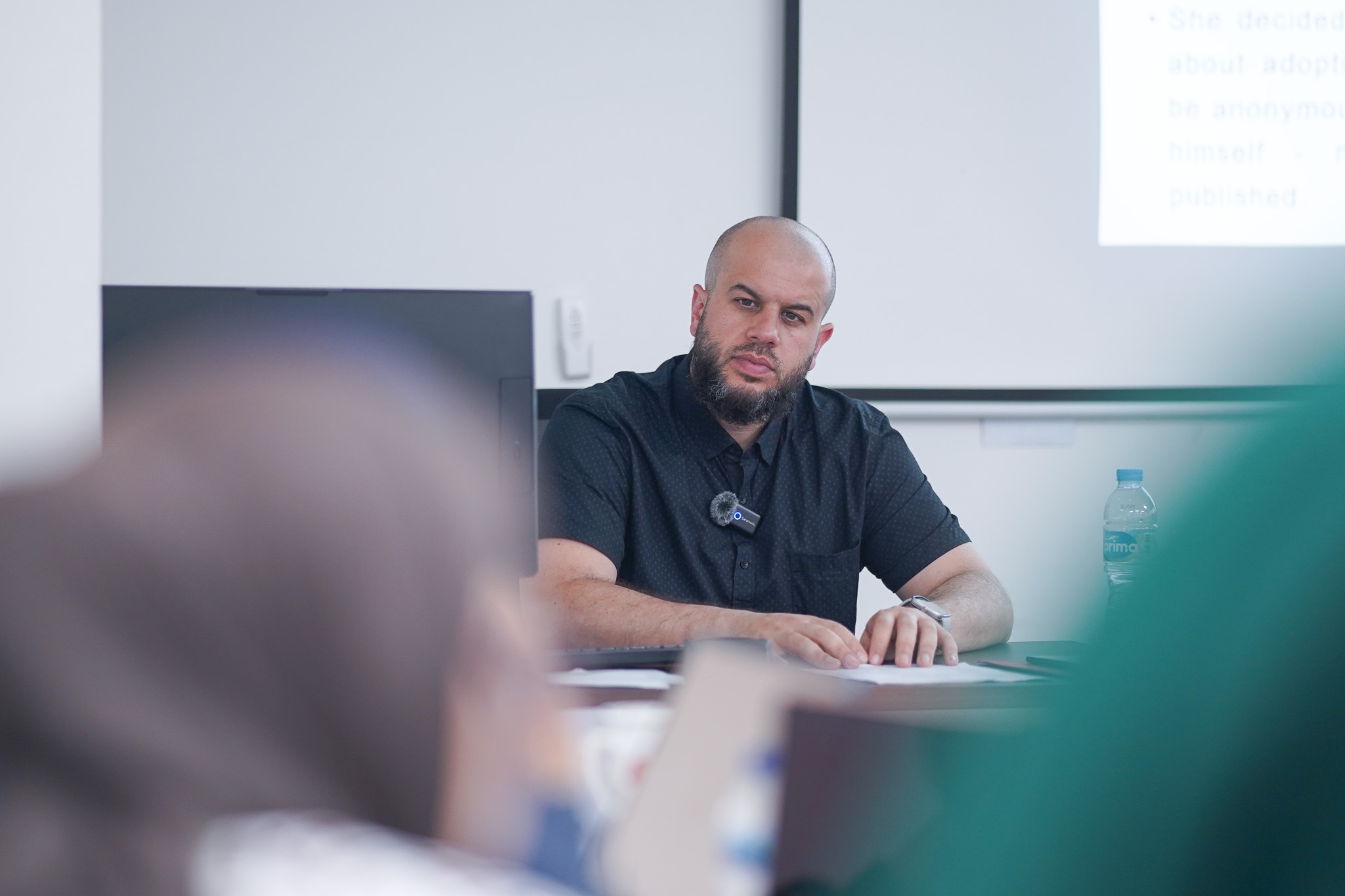
“We're working to unsettle the colonial injustices and historical inequalities by first acknowledging their continued presence. Additionally, we are deliberately focusing on scholars from the Global South, who often lack the same opportunities available to their counterparts in the Global North. The project also incorporates a gender dimension, as all the participants are women," Dr. Moosavi said.
He explained that their goal was to share experiences and insights to equip early-career scholars with the tools needed to navigate academic writing and publishing successfully. “We'll encourage them to share the knowledge and insights with other people. Maybe they will organize their own workshops. We hope it will have a knock-on effect in other parts of Indonesia and the broader Indonesian academic community,” said Dr. Moosavi.
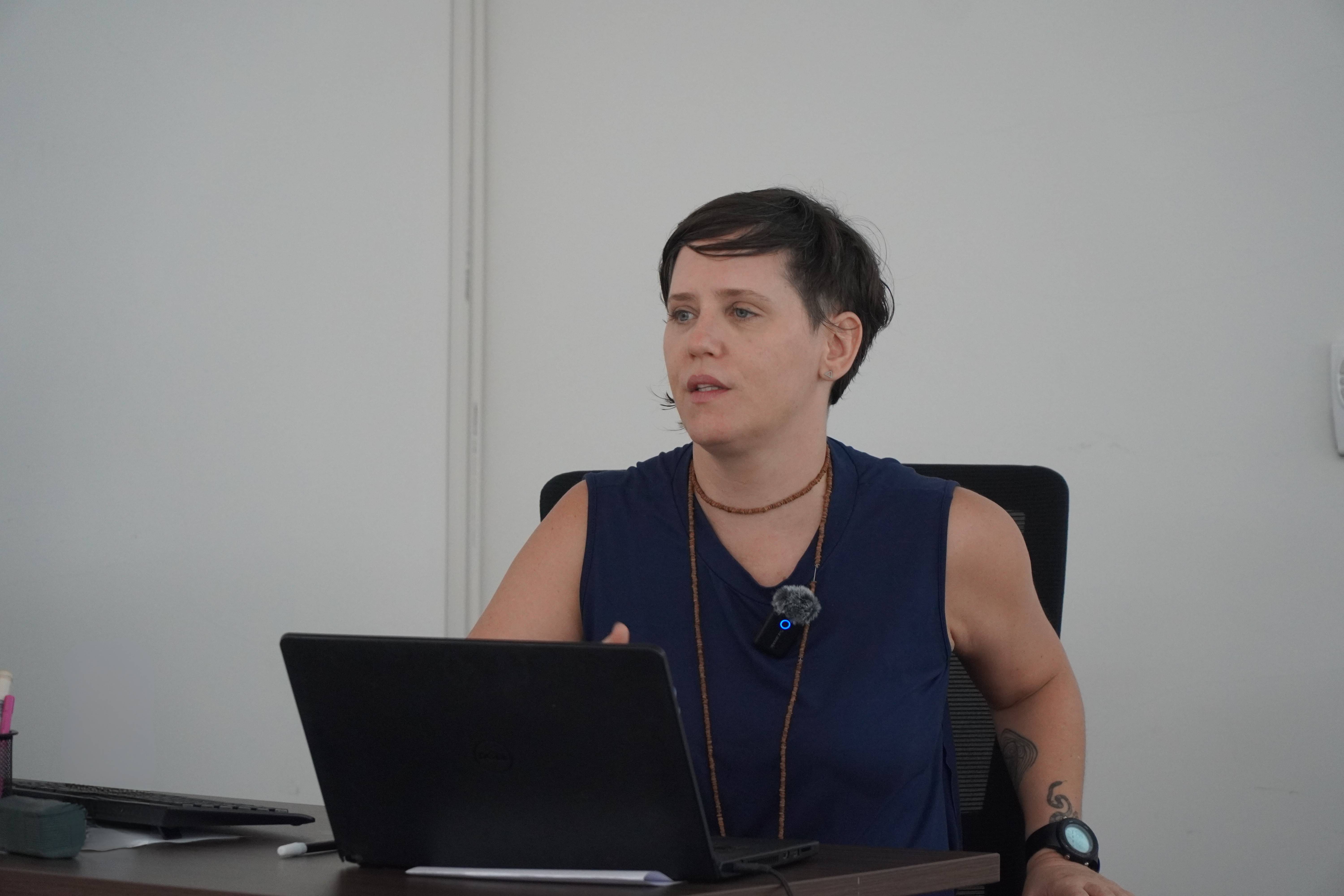
Supporting the argument, Prof. Camila Prando of Brazil highlighted the struggles often faced by scholars in the Global South in navigating the academic "rituals" and career systems, particularly regarding access to resources. “As a Brazilian woman, I feel a responsibility to share information and mentor younger students who face challenges with language barriers and limited access to academic journals," she explained.
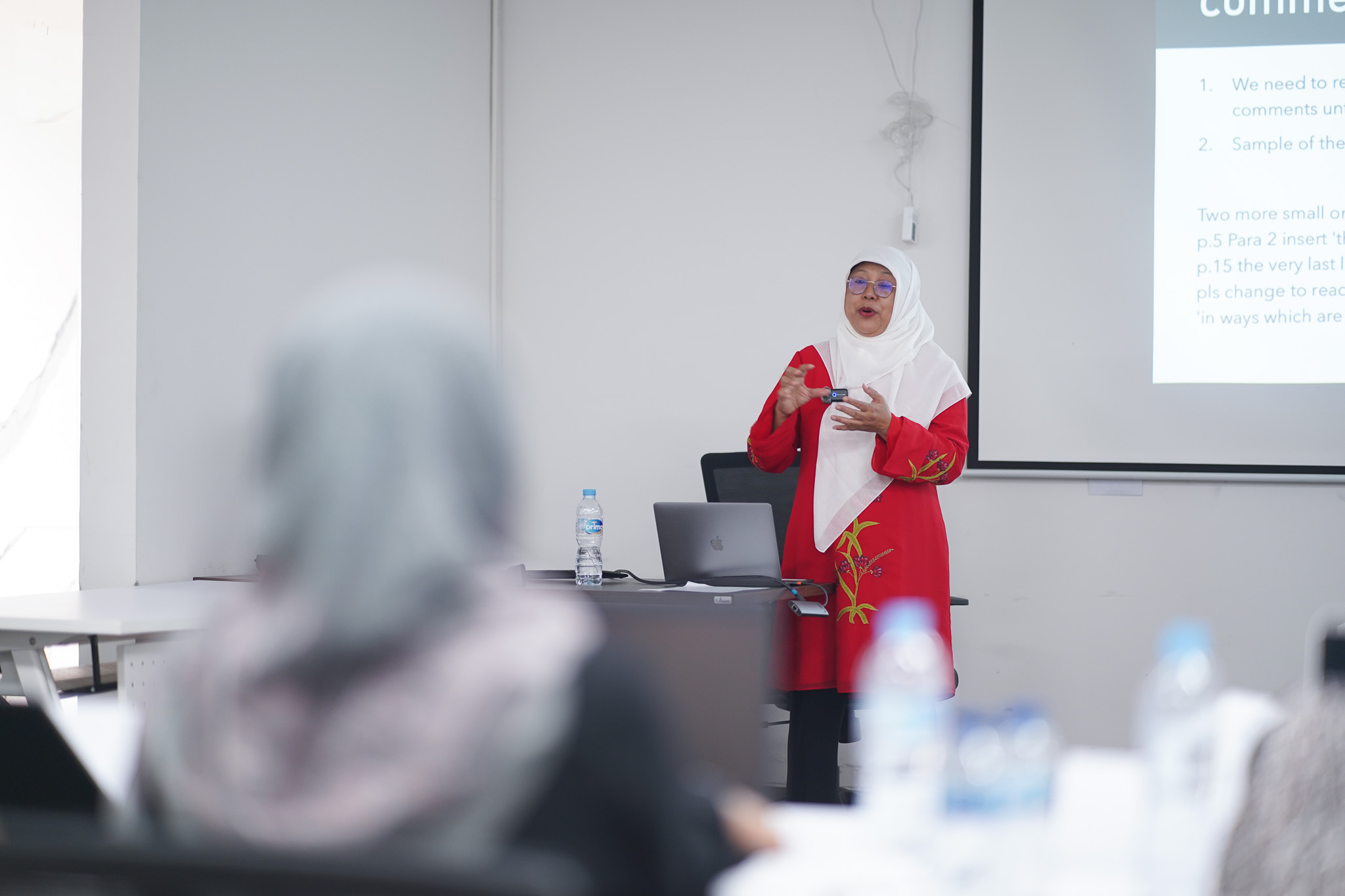
Prof. Nurmila expressed her pride in hosting the workshop at UIII, noting its alignment with the university’s mission to foster globally impactful scholarship rooted in local contexts. “By empowering women scholars and addressing systemic inequalities, we are contributing to a more just and inclusive academic landscape,” she said.
The workshop features intensive sessions designed to enhance academic writing and publishing skills while encouraging participants to critique and reshape the structures of knowledge production. This groundbreaking program underscores UIII’s role as a hub for academic innovation and inclusivity, paving the way for a new generation of scholars who are equipped to challenge and redefine the boundaries of knowledge.
